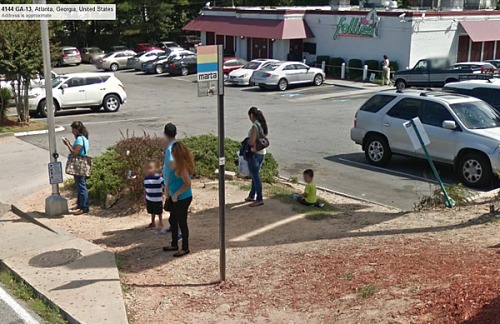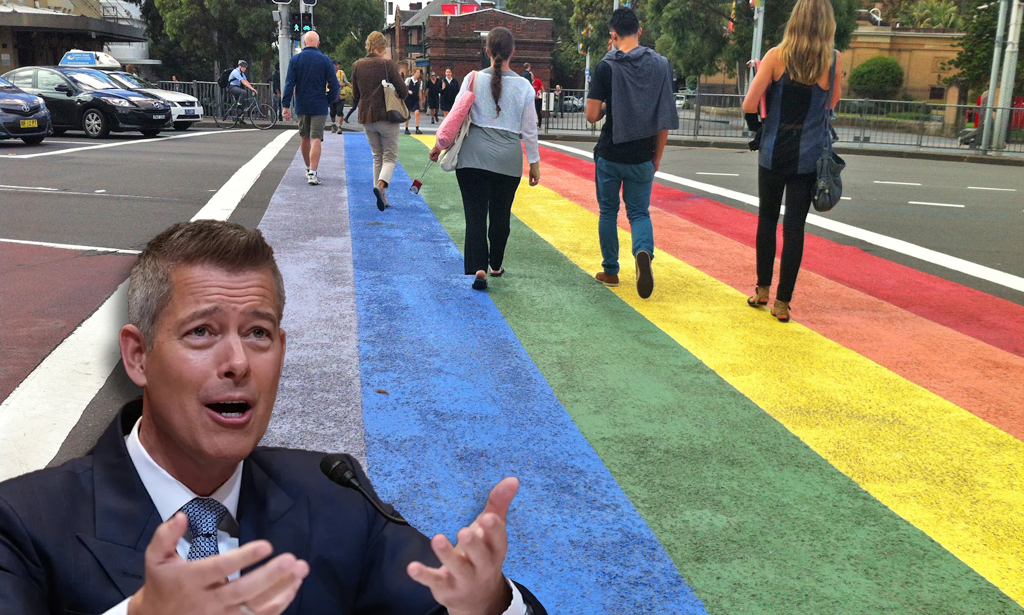Living in a sprawling area, like Atlanta, or a compact one, like Boston, doesn't just affect how you get around. A new study published in the Journal of Landscape and Urban Planning suggests it may also have a significant impact on your chances to escape poverty.

The study by Reid Ewing at the University of Utah compared upward mobility across 122 U.S. metro areas ranked from the most sprawling to the most compact. The researchers found a "strong, directional relationship" between compact built environments and upward mobility.
The study used previous research that measured the chances a child born in the bottom fifth of the national income distribution will reach the top fifth by age 30. There are huge differences between metro areas. For example, in Memphis Tennessee, the upward mobility rate was just 2.4 percent while in Provo, Utah, it was 14 percent.
The research team found that as compactness doubles, the chances of a child going from the bottom fifth to the top fifth increase 41 percent.
Ewing looked at how sprawl may affect children's life chances by influencing factors like racial segregation, which previous research has shown to be negatively correlated to upward mobility, and income growth, which is positively correlated. The direct effect of sprawl itself, the authors found, was stronger than these indirect effects. They attribute the connection between compactness and upward mobility to "better job accessibility in more compact commuting zones."
Ewing used data from Harvard's Equality of Opportunity Project to assess upward mobility in different regions. That research gained widespread attention for establishing the relationship between residential segregation and children's chances to escape poverty, which led some, like the New York Times' Paul Krugman, to connect the dots and pin sprawl as a culprit. Ewing's study is the first to specifically examine the relationship between upward mobility and sprawling development patterns (though a previous study did find a relationship between commute times and upward mobility).
Ewing and his team conclude that policy makers should consider the shape of the built environment as a lever to improve economic justice, and use public investments to promote walkable, mixed-use development that increases access to jobs.





